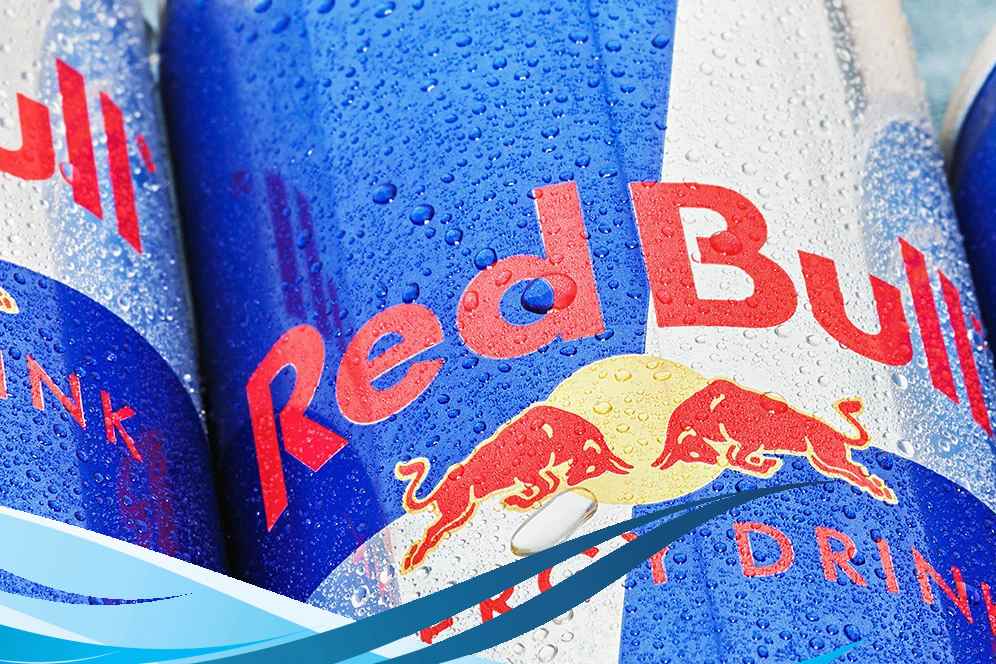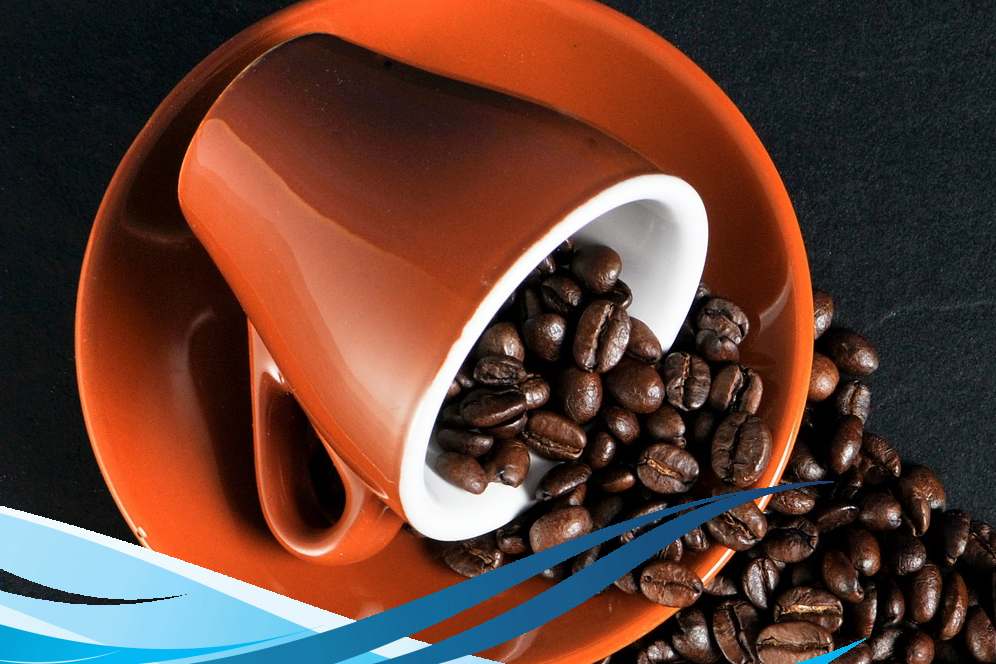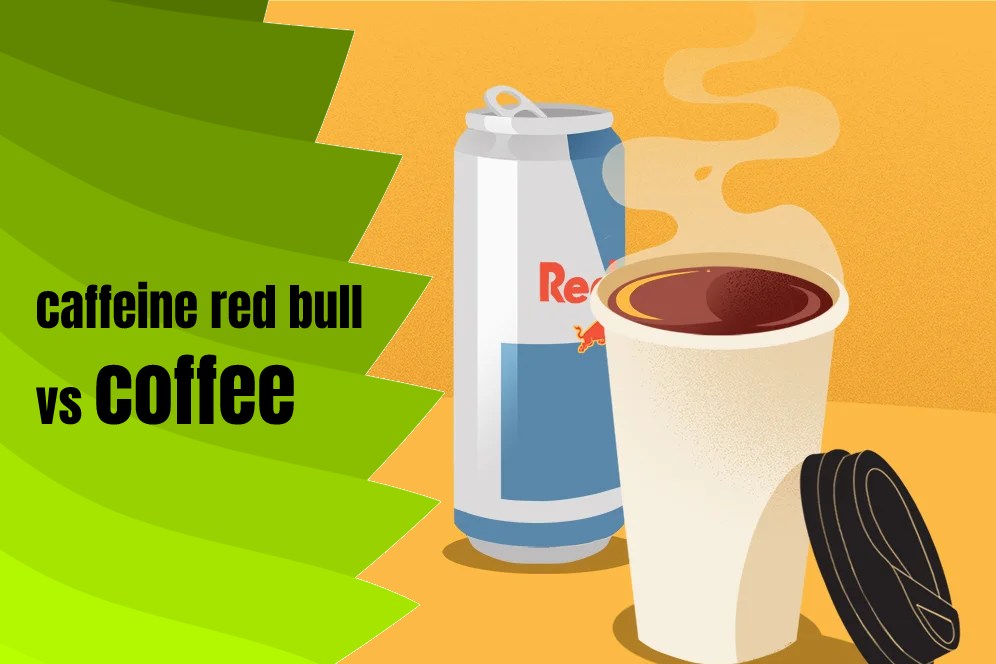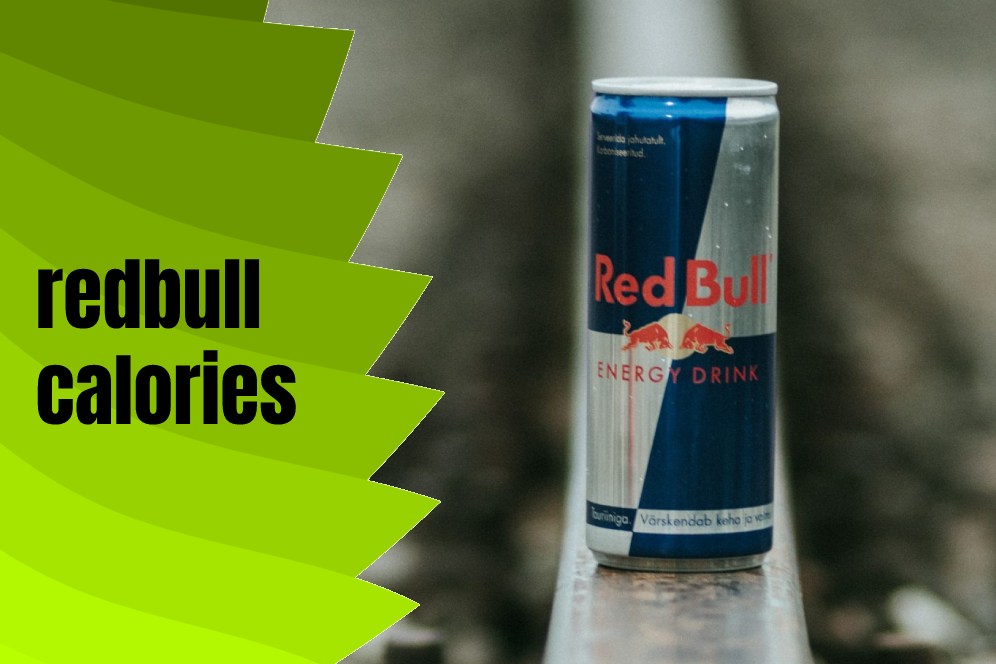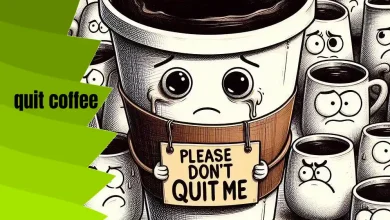Coffee vs Red Bull, Ingredients, Calories, Caffeine
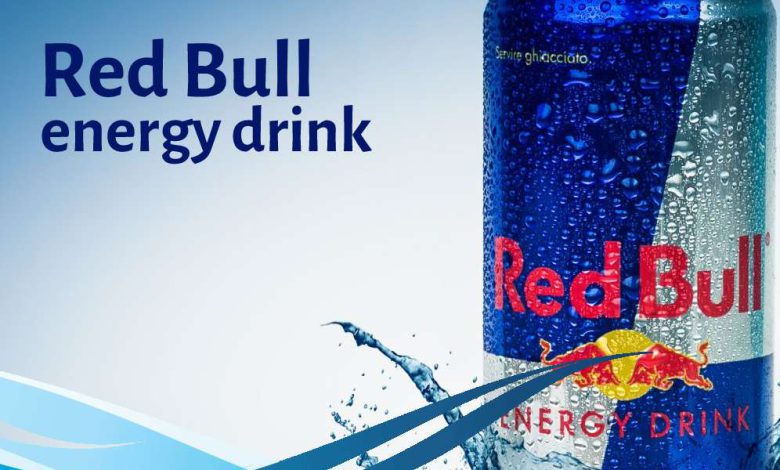
Red Bull and coffee are ubiquitous caffeinated beverages that differ significantly in terms of nutrient content but contain similar levels of caffeine. While many people turn to coffee for the caffeine, some prefer an energy drink like Red Bull.
This article explains the differences between Red Bull and coffee.
Contents
- 1 Red Bull energy drink
- 2 The nutritional value of Red Bull energy drink
- 3 How much caffeine is in Red Bull energy drink?
- 4 Coffee
- 5 Caffeine Red Bull Vs Coffee
- 6 What happens in our body 1 day after drinking Red Bull energy drink?
- 6.1 Coffee calories and energy drink calories
- 6.2 The amount of caffeine in coffee vs. the amount of caffeine in red bull
- 6.3 Benefits of coffee for the body
- 6.4 Is Red Bull energy drink good for your health?
- 6.5 Can we use Red Bull energy drink every day?
- 6.6 What is the substitute for Red Bull energy drink?
- 6.7 Is Red Bull stronger than coffee?
- 7 Which beverage is healthier?
- 8 Conclusion
Red Bull energy drink
You may need energy (energizer) and a substance to stay awake to attend class, study for exams, attend work or do sports. You immediately turn to caffeinated beverages. Some people prefer coffee, others energy drinks. What are the effects of each of these two on the body?
Let’s read about Red Bull first:
Red Bull energy drink has a strong position in the market of energy drinks. This drink has affected the world. It may be interesting to know that the famous slogan of this drink is “Red Bull gives you wings.” A 250 ml can of Red Bull has 110 kilocalories, 80 mg of caffeine, 27 grams of sugar, and other substances such as some amino acids and B vitamins.
Next, we intend to answer this question: What is an energy drink, what is it made of, what effects does it have on our body?
An energy drink is a drink enriched with sugar, caffeine, and other stimulants (like taurine and ginseng) to increase mental and physical energy.
Red Bull energy drink ingredients
- niacin
- Vitamin B6 and B12
- Pantothenic acid
- Sparkling water
- Sugars
- Glucose
- Citric acid
- taurine
- sodium bicarbonate
- Magnesium carbonate
- caffeine
- Pyridoxine HCL
- Natural and artificial flavors
Red Bull contains 80 mg of caffeine per 8.4 fl oz can.
A 12-ounce can of Red Bull contains 110 calories.
B Vitamins
Vitamins are essential micronutrients required for maintaining the normal functioning of the body. There are two types of vitamins: fat-soluble and water-soluble. B-Complex vitamins fall into the water-soluble category. Water-soluble vitamins, unlike their fat-soluble counterparts, are not stored in the body but pass through the bloodstream. Anything the body doesn’t need is excreted. B-Complex vitamins found in the group include niacinamide (Vitamin B3), pantothenic acid (Vitamin B5), Vitamin B6, and Vitamin B12.
These B vitamins play a crucial role in natural energy metabolism, aiding in the formation and breakdown of carbohydrates and proteins. They enhance cognitive function, particularly pantothenic acid, and reduce fatigue and tiredness (niacin, pantothenic acid, B6, B12).
Furthermore, B Vitamins play a key role in brain function, bolstering the normal functioning of the nervous system.
Sugars
The sugar present in energy drinks like Red Bull is derived from sugar beets. Sugars are well-known carbohydrates and are found in many foods, fruits, fruit juices, and other beverages, such as energy drinks. Carbohydrates are essential nutrients included in daily dietary intake. Whether they are found in fruits or energy drinks like Red Bull, the body processes them in the same way.
Red Bull energy drink contains 11 grams of sugar per 100 milliliters. The same amount of sugar is found in 100 milliliters of orange juice or apple juice.
The nutritional value of Red Bull energy drink
The nutritional content of Red Bull and coffee differs significantly. Below is the nutritional value of a can of Red Bull 250 ml:
How much caffeine is in Red Bull energy drink?
Each 250 ml can of Red Bull Energy Drink has 80 mg of caffeine, equivalent to a regular cup of coffee. Each cup of coffee has 95 milligrams of caffeine, so it has about 15 milligrams more caffeine than energy drinks. Although the caffeine content of these drinks is not high and is at an average level, they should not be overused.
Coffee
Coffee has been known all over the world for centuries and has roots in many cultures and traditions for generations. It consumes much more than Red Bull.
The main differences between a cup of coffee and a Red Bull are two things: taste and convenience.
Coffee is completely free of sugar and only sweet.
Therefore, these two drinks have similar effects, but they are completely different in terms of taste and drinking style.
Caffeine Red Bull Vs Coffee
Both caffeine in Red Bull and coffee can provide a quick energy boost due to their caffeine content. However, there are some differences between the two:
- Caffeine content: A can of Red Bull typically contains around 80mg of caffeine, while an 8oz cup of coffee contains around 95mg of caffeine on average. However, the caffeine content in coffee can vary greatly depending on the brewing method, the type of bean, and the serving size.
- Other ingredients: Red Bull contains other ingredients such as taurine, B vitamins, and sugar, which can also contribute to its energy-boosting effects. Coffee, on the other hand, is usually consumed black or with milk and sugar added to taste.
- Timing of effects: The effects of caffeine in Red Bull are often felt more quickly than those of coffee due to its faster absorption in the body. However, the effects of coffee tend to last longer due to its slower absorption and higher overall caffeine content.
- Health effects: Both Red Bull and coffee can have health benefits when consumed in moderation. However, Red Bull is high in sugar and other additives, which can be harmful if consumed in excess. Coffee, on the other hand, is rich in antioxidants and has been linked to a reduced risk of several chronic diseases when consumed in moderation.
Caffeine naturally exists in over 60 plants, and many foods such as coffee, tea, and chocolate contain it.
In summary, both Red Bull and coffee contain caffeine and can provide an energy boost, but they differ in their caffeine content, other ingredients, timing of effects, and health effects.
What happens in our body 1 day after drinking Red Bull energy drink?
The effects of caffeine appear about 15 minutes after entering the body and continue for up to 6 hours.
- Within 10 minutes, caffeine enters the bloodstream and begins to raise heart rate and blood pressure.
- Within 15-45 minutes, the amount of caffeine in the bloodstream reaches its maximum and its full effects are observed.
- Within 30-50 minutes, the liver responds to increased blood sugar levels.
- Within 1 hour, circulating caffeine and blood sugar levels begin to drop and the body begins to feel tired.
- Within 5-6 hours, the caffeine content is reduced by half.
- Within 12 hours, the circulating amount of caffeine is completely depleted.
Although it is considered harmless by many, it has serious long-term side effects. These side effects are often caused by too much caffeine.
Coffee calories and energy drink calories
A regular cup of coffee is very low in calories (an average cup has about 1-5 calories) – before adding milk and sugar. On the other hand, an energy drink such as red bull has about 112 calories.
The amount of caffeine in coffee vs. the amount of caffeine in red bull
Coffee and Red Bull offer similar amounts of this stimulant per serving, although coffee has slightly more.
Benefits of coffee for the body
- The coffee is natural and, depending on the brand, has no additives or little preservatives.
- It has few calories.
- It can be strengthened or weakened as per taste. This means you have more control over the flavor of your drink and how strong your drink is.
- Coffee contains healthy nutrients like vitamins B2 and B5, potassium, niacin and magnesium.
Is Red Bull energy drink good for your health?
Consuming too much of this energy drink may lead to negative health effects. It is better to manage it due to the high caffeine and sugar content. It’s better to use this drink in moderation and control your daily consumption.
Can we use Red Bull energy drink every day?
Researchers suggest that it is better not to use these energy drinks on a continuous basis. Because there is a lot of sugar in these drinks and it has the ability to endanger the health of the person. It is better to drink these energy drinks only when you feel very tired.
What is the substitute for Red Bull energy drink?
Red Bull Energy Drink is not the only energy drink and there are always other alternative options to drink. Here are some more examples:
- Monster
- Bang Energy
- G Fuel
- Celsius
- C4
- Aspire
Is Red Bull stronger than coffee?
If we want to check the caffeine ratio of red bull against coffee, we have to say that coffee is stronger than red bull.
Which beverage is healthier?
Coffee is a more natural beverage compared to energy drinks and can be beneficial in moderation, especially when consumed with limited sugar and milk. It is recommended to limit daily caffeine intake to around 400 milligrams.
On the other hand, energy drinks often contain excessive amounts of sugar and are less healthy compared to coffee. The sweet taste, especially, encourages people, especially young individuals, to consume more caffeine than is healthy. Consumption can also become problematic when combined with alcohol.
Conclusion
Energy drinks are often consumed with the idea that they help stay awake and increase physical and cognitive performance. Caffeine is the main component of energy drinks. Apart from caffeine, these drinks may contain other ingredients such as taurine, glucuronolactone, some B vitamins and sugar.
The most important concerns regarding energy drinks are the potential health effects of long-term and excessive use.
In this article, we discussed the differences between Red Bull and coffee. what is your idea about this?
